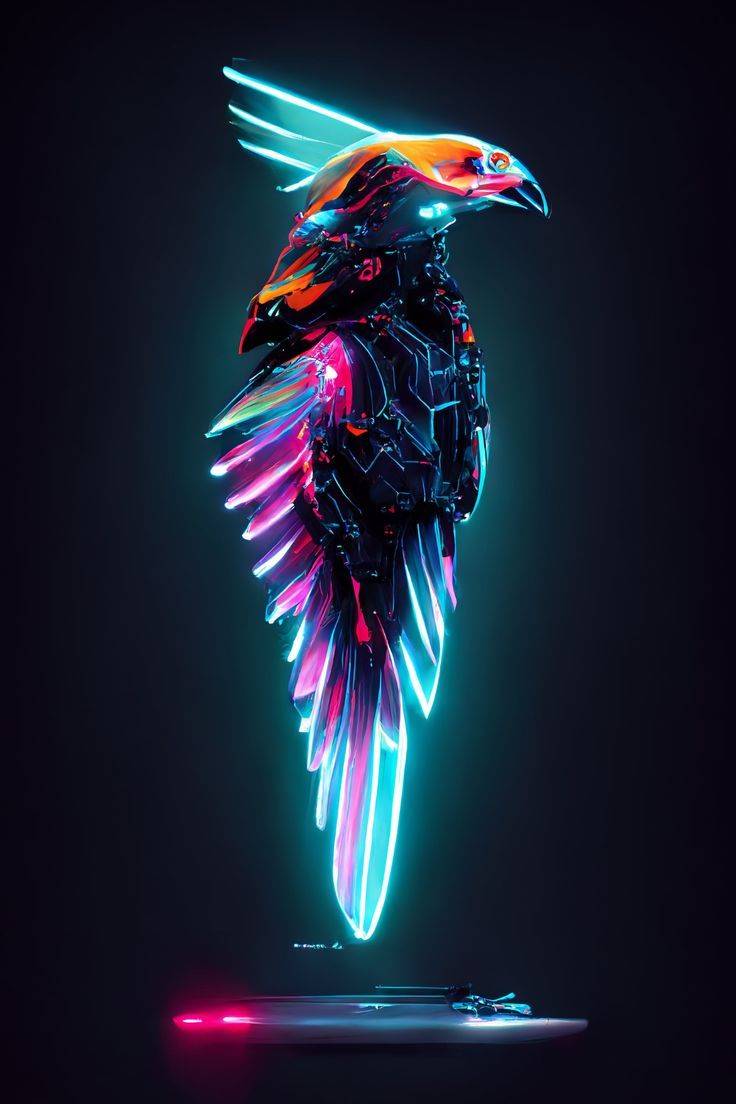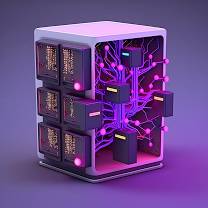Web 3.0: The Future of the Internet
The internet has come a long way since its inception, evolving from a simple network of interconnected computers to a vast ecosystem that connects people, information, and services across the globe. As we step into the era of Web 3.0, we are witnessing the next phase of this evolution, where the internet is transforming into a decentralized and user-centric platform.
Web 3.0, also referred to as the Semantic Web or the Decentralized Web, is a vision that aims to enhance the capabilities of the internet by leveraging emerging technologies such as blockchain, artificial intelligence, and the Internet of Things (IoT). By integrating these technologies, Web 3.0 seeks to create a more intelligent, secure, and personalized online experience for users.
One of the key aspects of Web 3.0 is the shift towards decentralization. In the current Web 2.0 paradigm, centralized platforms dominate the internet landscape, exerting control over user data, content distribution, and monetization. Web 3.0 aims to empower users by giving them more control over their data and online identities. Blockchain technology plays a pivotal role in achieving this decentralization by providing a transparent and secure framework for storing and managing data.
With Web 3.0, users can expect a more personalized online experience. Machine learning algorithms and artificial intelligence systems will analyze vast amounts of data to provide tailored content and services based on individual preferences and needs. This level of personalization will not only enhance user satisfaction but also enable businesses to deliver more targeted and relevant offerings.
Furthermore, Web 3.0 will revolutionize the way we interact with the internet of things (IoT). By integrating IoT devices with blockchain technology, we can establish a secure and decentralized communication network for smart devices. This will enable seamless interoperability and data exchange between devices, leading to a more connected and intelligent ecosystem.
In addition to the benefits of decentralization and personalization, Web 3.0 holds great potential for improving security and privacy. With the use of blockchain technology, data can be stored in a tamper-proof and transparent manner, reducing the risk of data breaches and unauthorized access. Moreover, users will have more control over their personal information, deciding how and when it is shared with third parties.
While Web 3.0 is still in its early stages, there are already several projects and initiatives driving its development. Ethereum, for example, is a blockchain platform that enables the creation of decentralized applications (dApps) on top of its network. These dApps leverage smart contracts, which are self-executing contracts with the terms of the agreement directly written into code. This allows for automated and decentralized execution of transactions and agreements.
In conclusion, Web 3.0 represents the next evolutionary step for the internet, bringing decentralized, intelligent, and personalized experiences to users. By leveraging technologies such as blockchain, artificial intelligence, and the IoT, Web 3.0 promises to reshape the way we interact with the online world. As we move forward, it will be interesting to see how these technologies continue to converge and unlock new possibilities for the future of the internet.




No comments yet
Be the first to share your thoughts!